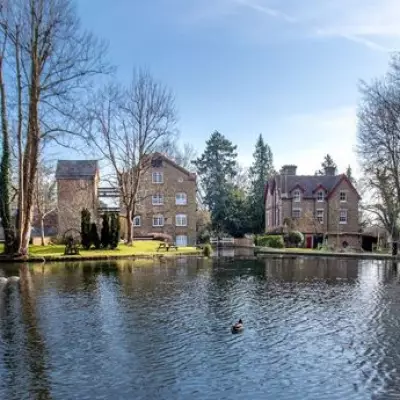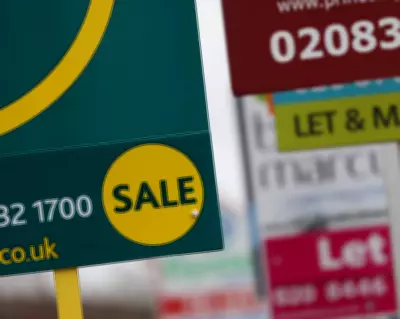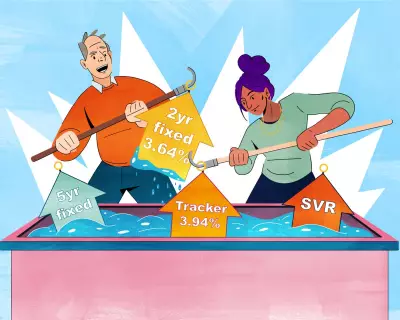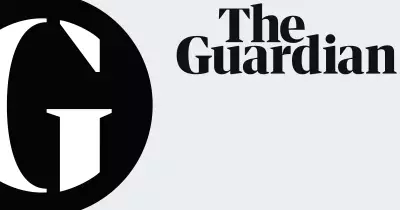
A silent crisis is brewing in the UK property market that could leave millions of couples facing financial devastation and potential homelessness due to a simple but critical legal oversight.
The Hidden Danger in Your Deeds
New research reveals that approximately 5.8 million unmarried cohabiting couples in England and Wales are potentially at risk because of how they hold property together. The danger lies in the distinction between two types of joint ownership: joint tenants and tenants in common.
What's the Difference That Could Cost You Your Home?
When couples purchase property together, they typically choose one of two ownership structures:
- Joint Tenants: Both partners own the property equally. If one dies, their share automatically passes to the surviving partner
- Tenants in Common: Each owns a specific share (not necessarily equal). If one dies, their share passes according to their will or intestacy rules
The Devastating Consequences of Getting It Wrong
Choosing the wrong ownership type or failing to update it after relationship changes can lead to catastrophic outcomes:
- Losing Your Home: If one partner dies without a will as tenants in common, their share might pass to family members who could force a sale
- Inheritance Tax Nightmares: Unmarried couples miss out on valuable tax breaks available to married couples
- Probate Problems: The surviving partner may face lengthy legal battles and unexpected inheritance claims
- Relationship Breakdown Risks: Without clear documentation, separating couples face messy disputes over property shares
Who's Most at Risk?
The research highlights several vulnerable groups:
- Unmarried couples who've lived together for years
- Second marriages or later-life partnerships
- Couples who contributed unequal deposits
- Those who haven't reviewed their arrangements since purchase
- Partners who assume they have the same rights as married couples
How to Protect Your Property and Your Future
Property experts urge couples to take immediate action:
Check your deeds now - Contact the Land Registry to confirm how you currently hold the property. This costs only £3 and could save you thousands.
Consider a Declaration of Trust - This legal document specifies exactly what happens to the property if you separate or if one partner dies.
Review your wills regularly - Ensure they reflect your current wishes and work with your property ownership structure.
Seek professional advice - Consult a solicitor specialising in property law to ensure your arrangements provide adequate protection.
The common misconception that "common law marriage" provides protection has left generations of couples dangerously exposed. With property representing most people's largest asset, taking these simple steps could prevent heartbreak and financial ruin for millions of UK households.





